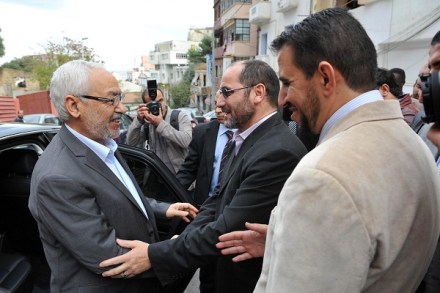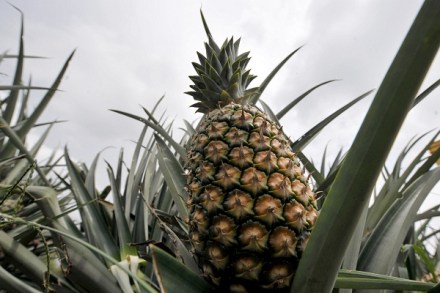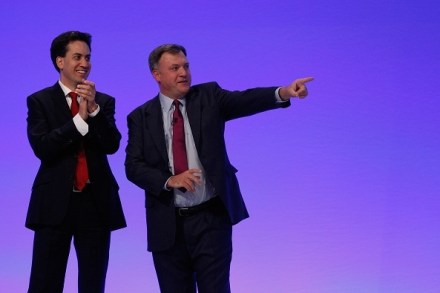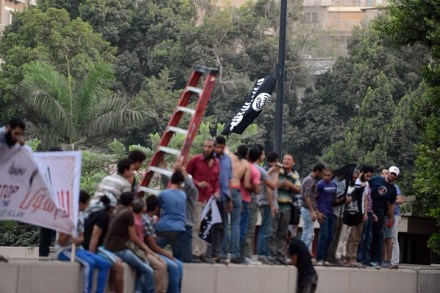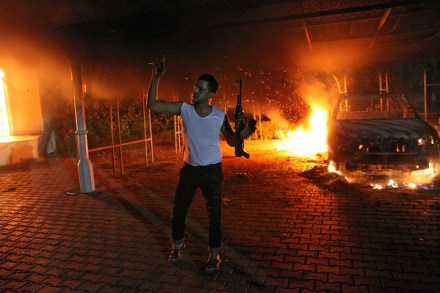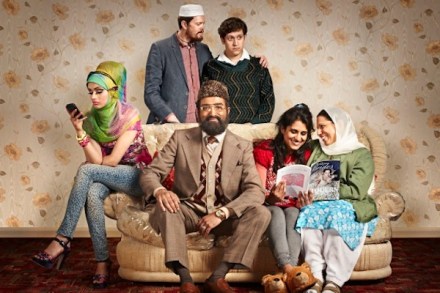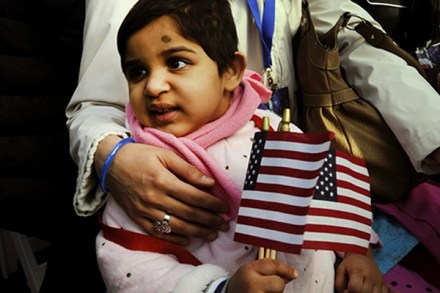As the West titters, Islamists are bedding in
I am starting to believe that this country is no longer interested in news, only gossip. Sometimes the gossip is about a celebrity, sometimes a celebrity politician. Twenty-four hour news-channels suggest that the removal of a dead entertainer’s gravestone constitutes ‘breaking news’. We have just had three party conferences so empty and insular that the outside world did not intrude meaningfully on one of them. But whilst we sink tittering beneath the waves the rest of the world is going about its business as usual. Rachid Ghannouchi was allowed to live in this country for years. He used his time preparing for an Islamist takeover of his home-country of Tunisia.
